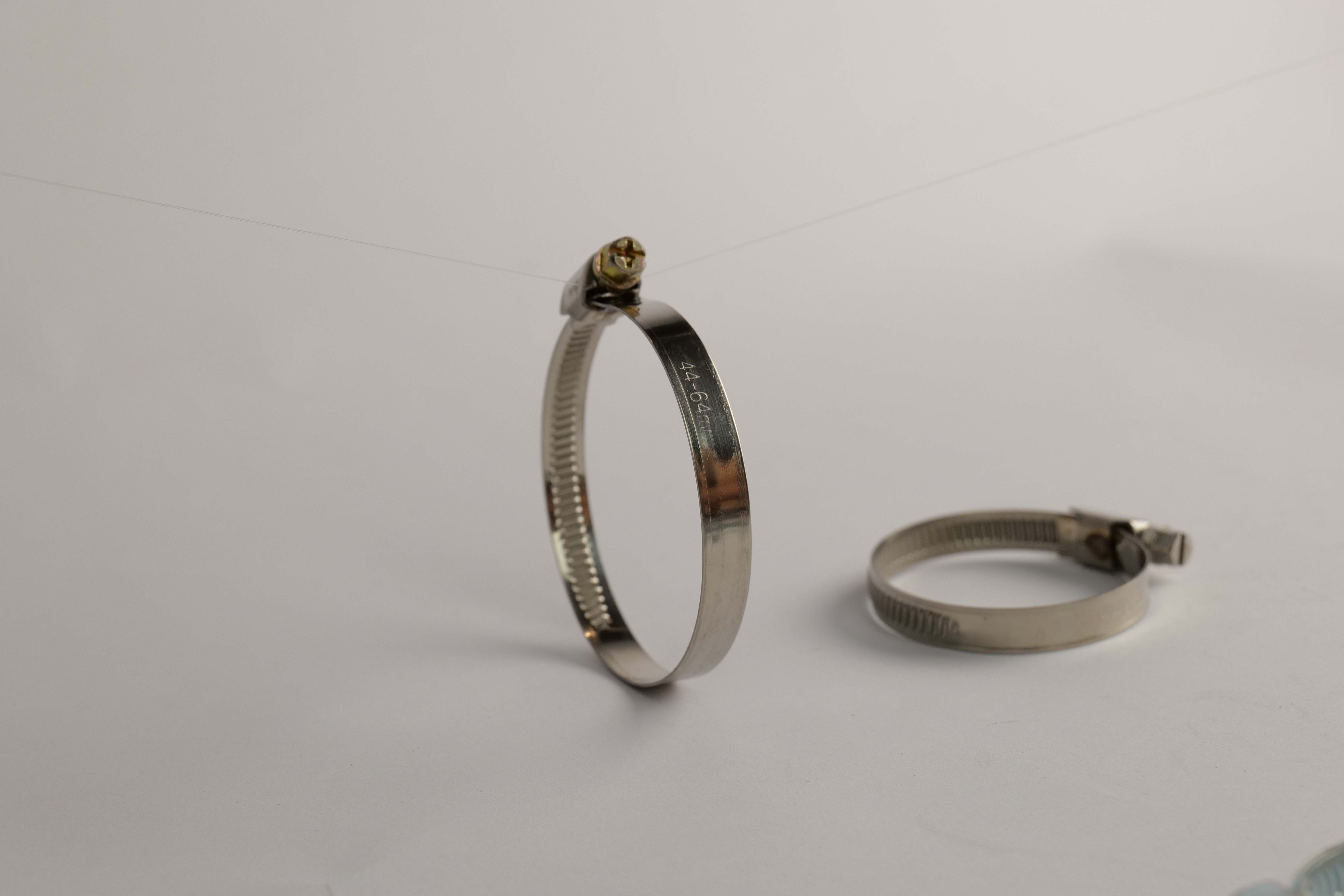- Phone:+86-17331948172 +86-0319-8862898
- E-mail: inquiry@puxingclamp.com
ສ.ຫ. . 16, 2024 14:21 Back to list
Choosing the Best Hose Clamps for Fuel Injection Systems Explained in Detail
Hose Clamps for Fuel Injection Essential Components for Automotive Reliability
Hose clamps are often overlooked components in the realm of automotive engineering, yet they play a critical role in ensuring the reliability and efficiency of fuel injection systems. Designed to secure hoses over fittings, these simple yet effective devices are essential for maintaining proper fuel flow and preventing leaks in a vehicle's fuel system. In this article, we will explore the importance of hose clamps in fuel injection systems, their various types, and the factors to consider when choosing the right one.
Fuel injection is a key technology that optimizes engine performance by delivering precise amounts of fuel directly into the combustion chamber. This process requires a reliable and tightly sealed system to ensure that fuel is delivered consistently and without interruption. Hose clamps serve as a crucial link in this chain, holding fuel hoses firmly in place at various connection points, such as injectors, fuel pumps, and rail systems.
The significance of using high-quality hose clamps cannot be overstated. A compromised hose clamp can lead to fuel leaks, which not only affect engine performance but can also pose serious safety risks, such as fire hazards. Furthermore, the efficiency of fuel delivery can be significantly hampered by poorly made or improperly installed clamps, resulting in engine misfires, reduced power, and increased emissions. Therefore, selecting appropriate hose clamps is vital for the longevity and proper functioning of a vehicle's fuel injection system.
There are several types of hose clamps available, each designed for specific applications and environments. The most common types include worm gear clamps, spring clamps, and constant tension clamps. Worm gear clamps utilize a screw mechanism to tighten the clamp around the hose, providing a secure hold that can be adjusted as needed. This type is highly versatile and widely used in automotive applications.
hose clamps for fuel injection

Spring clamps, on the other hand, use a simple spring mechanism to maintain pressure on the hose, accommodating any expansion or contraction due to temperature fluctuations. These clamps are ideal for use in applications where vibrations and movement are a concern, as they ensure a consistent grip without requiring frequent adjustments.
Constant tension clamps are specifically designed to maintain a consistent level of pressure regardless of changes in temperature or hose dimensions
. This makes them a suitable choice for applications where fuel lines are subject to significant thermal variation, ensuring a leak-free seal under varying conditions.When selecting hose clamps for fuel injection systems, several factors must be considered. First, the clamp material is crucial; clamps made from stainless steel are preferred for their resistance to corrosion and durability in harsh environments. Second, the size of the clamp must match the diameter of the hose it will secure, as an improper fit can lead to leaks and potential engine damage. Lastly, it's essential to consider the ease of installation. Some clamps are designed for quick and tool-free installation, while others may require specific tools to ensure proper tightening.
In conclusion, while they may seem like minor components, hose clamps are essential for the effective operation of fuel injection systems in vehicles. Their role in preventing fuel leaks and ensuring efficient delivery makes them indispensable for automotive reliability. By understanding the various types of hose clamps and how to choose the right one for specific applications, vehicle owners and mechanics can enhance the performance and safety of their fuel systems, ultimately contributing to a more efficient and reliable automotive experience.
-
Stainless Steel Insoles - Hebei Pux | Safety, Durability, Comfort
NewsAug.29,2025
-
Stainless Steel Insoles - Hebei Pux Alloy | Durability, Safety, Comfort
NewsAug.29,2025
-
Premium 316L Stainless Steel Strip | Corrosion Resistant
NewsAug.27,2025
-
Durable Adjustable Stainless Steel Hose Clamp - Secure & Rust-Proof
NewsAug.26,2025
-
Premium Adjustable Stainless Steel Hose Clamps for Secure Sealing
NewsAug.25,2025
-
Premium Stainless Steel Hose Clamp - Durable & Rust-Proof
NewsAug.24,2025




